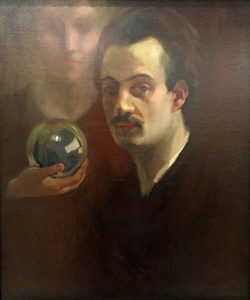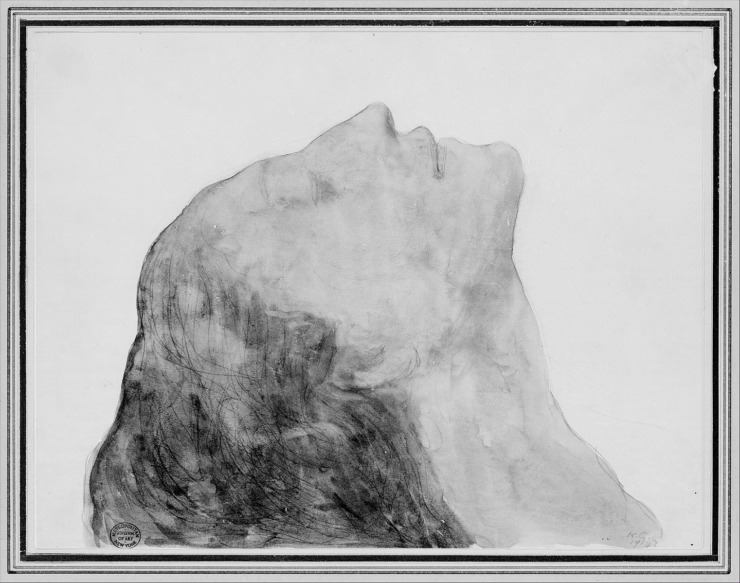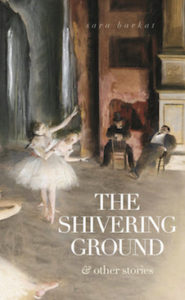< Return to Kahlil Gibran Poems
The Other Language
Three days after I was born, as I lay in my silken cradle, gazing with astonished dismay on the new world round about me, my mother spoke to the wet-nurse, saying, “How does my child?”
And the wet-nurse answered, “He does well, Madame, I have fed him three times; and never before have I seen a babe so young yet so gay.”
And I was indignant; and I cried, “It is not true, mother; for my bed is hard, and the milk I have sucked is bitter to my mouth, and the odour of the breast is foul in my nostrils, and I am most miserable.”
But my mother did not understand, nor did the nurse; for the language I spoke was that of the world from which I came.
And on the twenty-first day of my life, as I was being christened, the priest said to my mother, “You should indeed by happy, Madame, that your son was born a Christian.”
And I was surprised,—and I said to the priest, “Then your mother in Heaven should be unhappy, for you were not born a Christian.”
But the priest too did not understand my language.
And after seven moons, one day a soothsayer looked at me, and he said to my mother, “Your son will be a statesman and a great leader of men.”
But I cried out,—“That is a false prophet; for I shall be a musician, and naught but a musician shall I be.”
But even at that age my language was not understood—and great was my astonishment.
And after three and thirty years, during which my mother, and the nurse, and the priest have all died, (the shadow of God be upon their spirits) the soothsayer still lives. And yesterday I met him near the gates of the temple; and while we were talking together he said, “I have always known you would become a great musician. Even in your infancy I prophesied and foretold your future.”
And I believed him—for now I too have forgotten the language of that other world.
—Kahlil Gibran
About Kahlil Gibran
Khalil Gibran (جبران خليل جبران) was a writer, visual artist, and poet with a prolific collection of work. He was born in 1883 in a village in the Mount Lebanon Mutasarrifate and in 1893 moved with his family to the United States where he enrolled in school in Boston, then went back home when he was fifteen to enroll in the Collège de la Sagesse. In 1902 he came back to Boston, and two years later his artwork was displayed for the first time. In 1905 he published his first book, and after that studied art in Paris for three years. Gibran wrote books in both Arabic and English, including poems, plays, fables, short stories, and political essays.
His cousin, Kahlil G. Gibran, a sculptor, described his work in this way. “Ignoring much of the traditional vocabulary and form of classical Arabic, he began to develop a style which reflected the ordinary language he had heard as a child in Besharri and to which he was still exposed in the South End [of Boston]. This use of the colloquial was more a product of his isolation than of a specific intent, but it appealed to thousands of Arab immigrants.” (Robin Waterfield, 1998) He was inspired by the King James Bible, the works of William Blake, whose drawings were in Gibran’s opinion “so far the profoundest things done in English.” (Joseph Ghougassian, 1973) Other inspirations included Francis Marrash (فرنسيس بن فتح الله بن نصر الله مرّاش), Walt Whitman, and Friedrich Nietzsche.

“Self Portrait and Muse” by Khalil Gibran
With visual art Gibran worked in oils, pencil, ink, watercolor, and gouache, and created more than seven hundred pieces of visual art. His work is featured in a number of museums, and his work The Prophet has been translated into more than 100 languages and has never been out of print, becoming popular in the American counterculture and New Age movement. The book was admired by Elvis Presley, John Lennon, Johnny Cash, David Bowie, Gilad Hochman (גילעד הוכמן) and Dana Al Fardan. Gibran has museums, memorials, schools, a garden, and a crater on Mercury named after him.
I hope you enjoyed The Other Language by Kahlil Gibran! If you liked The Other Language by Kahlil Gibran, you might enjoy more poems by him below.
< Return to Khalil Gibran Poems
“Stunning…from start to finish. Barkat is a fierce new voice.”

